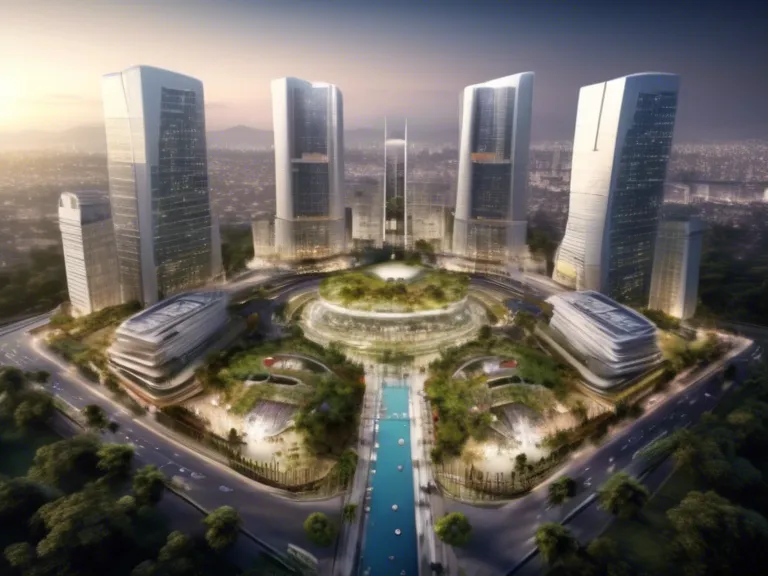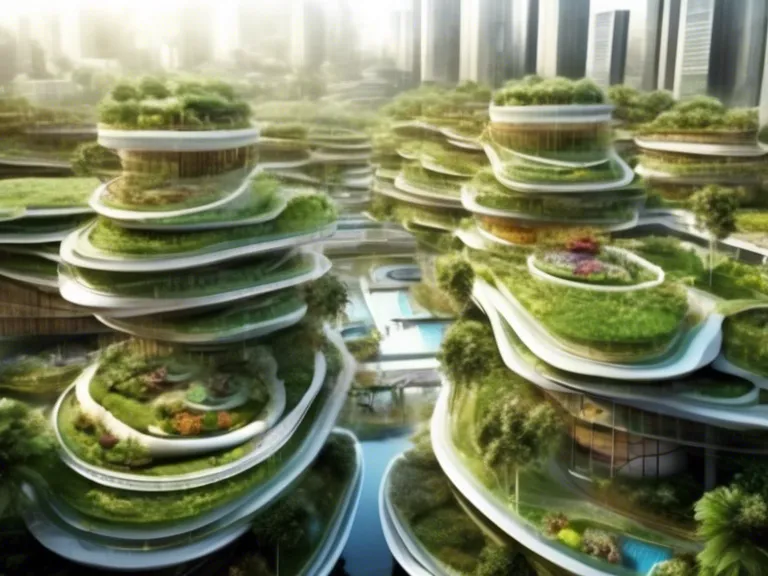
Introduction
Indonesia's plan to develop a new capital city presents a unique opportunity to prioritize health and wellness in urban planning and design. Balancing the need for infrastructure and economic growth with creating a sustainable and healthy living environment is key to ensuring the well-being of future residents. In this article, we explore the importance of integrating health and wellness considerations into the development of Indonesia's new capital.
Challenges in Urban Development
Urban development often prioritizes economic growth and infrastructure over health and wellness considerations. This can lead to issues such as air pollution, lack of green spaces, inadequate healthcare facilities, and high levels of stress among residents. Addressing these challenges is crucial in creating a livable and sustainable city.
Importance of Health and Wellness
Health and wellness are essential components of a thriving community. Access to quality healthcare services, clean air and water, green spaces, and opportunities for physical activity can significantly impact the overall well-being of residents. By prioritizing health and wellness in urban planning, Indonesia's new capital can promote a higher quality of life for its inhabitants.
Strategies for Balancing Health and Wellness
Green Spaces: Incorporating parks, gardens, and tree-lined streets can improve air quality, provide recreational opportunities, and reduce stress levels among residents.
Active Transportation: Designing walkable and bike-friendly infrastructure promotes physical activity and reduces reliance on cars, leading to lower emissions and improved health outcomes.
Access to Healthcare: Ensuring that healthcare facilities are easily accessible and well-equipped is essential for meeting the medical needs of residents.
Community Engagement: Involving residents in the planning process can help identify specific health and wellness priorities and ensure that the new capital meets the needs of its diverse population.
Sustainable Design: Implementing green building practices, renewable energy sources, and waste management systems can minimize environmental impact and promote a healthy living environment.
Conclusion
Balancing health and wellness considerations in Indonesia's new capital development is crucial for creating a sustainable and livable city. By prioritizing green spaces, active transportation, access to healthcare, community engagement, and sustainable design, the new capital can promote the well-being of its residents and set a positive example for future urban developments. It is essential for policymakers, urban planners, and residents to work together to create a city that prioritizes health and wellness for all its inhabitants.



